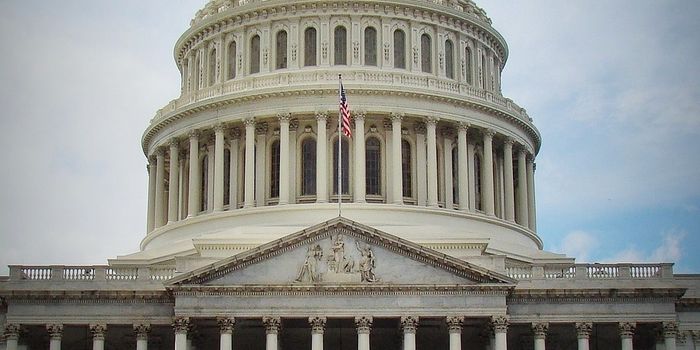Can Behavioral Science Strategies Improve Vaccination Rates?
Vaccines stimulate the immune system to defend us against serious infectious diseases. In addition, vaccination prevents other conditions such as cancers. Vaccination is one of the safest and easiest ways to stay in good health. Despite this, public uptake of vaccines remains a significant population health challenge. This lack of uptake significantly threatens global health, especially during the COVID-19 pandemic. Even though the COVID-19 vaccination has become more available, a large percentage of the global population remains undecided or does not want the immunization. As such, investigators are turning to behavioral science to determine if certain communication interventions can be used to increase vaccination rates. At the University of California, Los Angeles, investigators conducted two randomized controlled trials (RCT) evaluating the effect of text message reminders on vaccination appointment scheduling and receipt.
The first RCT, involving more than 93,000 participants, demonstrated that reminders significantly increased vaccination relative to those that did not receive reminders. Notably, this effect lasted for four weeks. The second RCT, involving more than 67,000 participants, included those who did not schedule their appointment after the first reminder. These participants received a second reminder which also increased vaccination; however, this effect was not significant at the four-week mark. Notably, “ownership language” such as language to suggest that the vaccine already “belonged to” the participant and was “just for them” increased vaccination rates.
The RCTs demonstrated that roughly 10% of participants didn’t keep their first dose appointment and 90% of participants who received their first dose also received their second dose. This indicates that the most significant hurdle to increasing vaccination rates is getting patients to schedule the appointment for their first dose. These results demonstrate the power of communication strategies that leverage behavioral science principles to improve vaccination rates. Investigators should evaluate similar strategies for their impact on other public health initiatives, such as scheduling preventive visits and improving medication compliance.
Sources: Morning Consult, Nature









